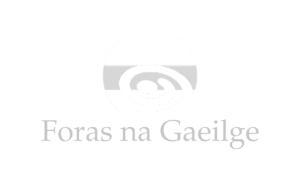Home » Northern Ireland Political Collection
Northern Ireland Political Collection
Join Us
In 1968 the then Linen Hall Librarian, Jimmy Vitty, was handed a civil rights leaflet in the city centre. He kept it and brought it back to the Library. Since then the Linen Hall has sought to collect all printed material relating to the ‘troubles’ and peace process. The collection has grown to some 350,000 items including thousands of artefacts, books and pamphlets, leaflets, posters, and periodicals, encompassing all shades of opinion, and documents the ‘troubles’ from the emergence of the civil rights movement, through the peace process to our post conflict society and contemporary issues.
There are several thousand posters in the political collection reflecting the extraordinary outpouring of political imagery in Northern Ireland during this period. These posters give real insight – they are the physical remnants of the times in which they were collected and serve as historical documents that help us to better understand those times; conveying the messages of the moment, stirring emotions, encouraging reflection or in many cases promoting action. On permanent display in the Linen Hall’s vertical gallery Is Troubled Images – a selection of original posters from the Northern Ireland Political Collection. The posters which form this exhibition reflect the whole political spectrum, and in the spirit of looking to a peaceful and confident future for Northern Ireland, we take the opportunity to look back at some of the eye-catching, thought-provoking, and painful images of the past.
In the political collection, academic studies and government publications are housed alongside more ephemeral items such as election flyers, badges, postcards and Christmas cards. The ephemera is a particular strength of the collection – from miniscule messages written on cigarette papers by Hunger Strikers in the 1980s, to the original plan clandestinely produced by Maze prison inmates for the 1983 IRA escape plan, and rarely-seen photographs of the main political players, the collection includes highly topical items such as news sheets and handbills which were easily disposed of and only for Jimmy Vitty’s foresight much of what we now hold would have been lost.
We are also privileged to hold a substantial amount of insightful and informative LGBTQ+ material in the Northern Ireland Political Collection. While access to LGBTQ+ material has historically been marginalised in Northern Ireland, the Linen Hall progressively and actively collected resulting in an expansive archive.
Political and social archives include that of the Northern Ireland Civil Rights Association, the Northern Ireland Women’s Rights Association, the Peace People, and the Northern Ireland Women’s Coalition archives. A living collection which is added to by acquisition and donation, the Northern Ireland Political Collection is a definitive archive of national and international significance.
For archival access, please email info@linenhall.com. Digitised material from the Northern Ireland Political Collection is available via the Divided Society and extraORDINARYwomen digital resources.
Help preserve this collection
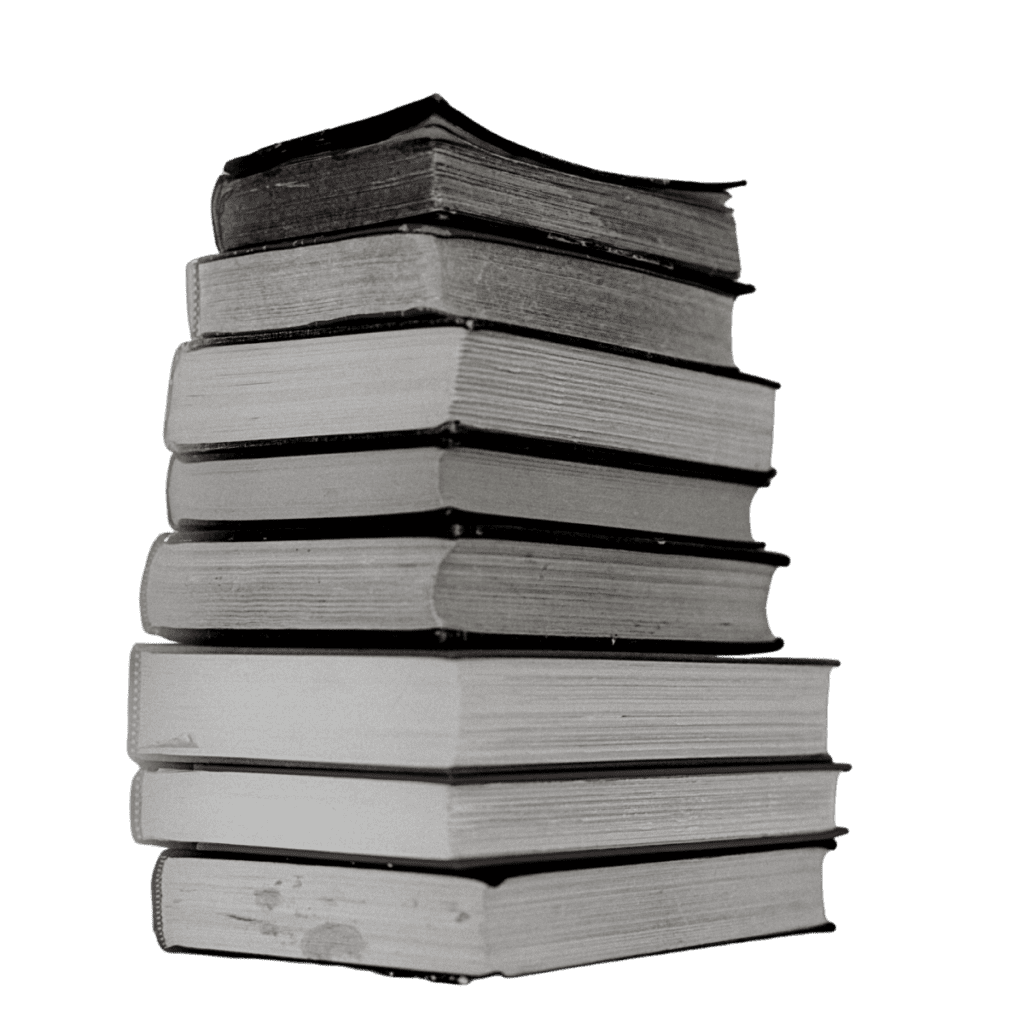

CONTACT US


The Linen Hall (Belfast Library And Society For Promoting Knowledge) is registered with the Charity Commission for Northern Ireland NIC 104 564.

